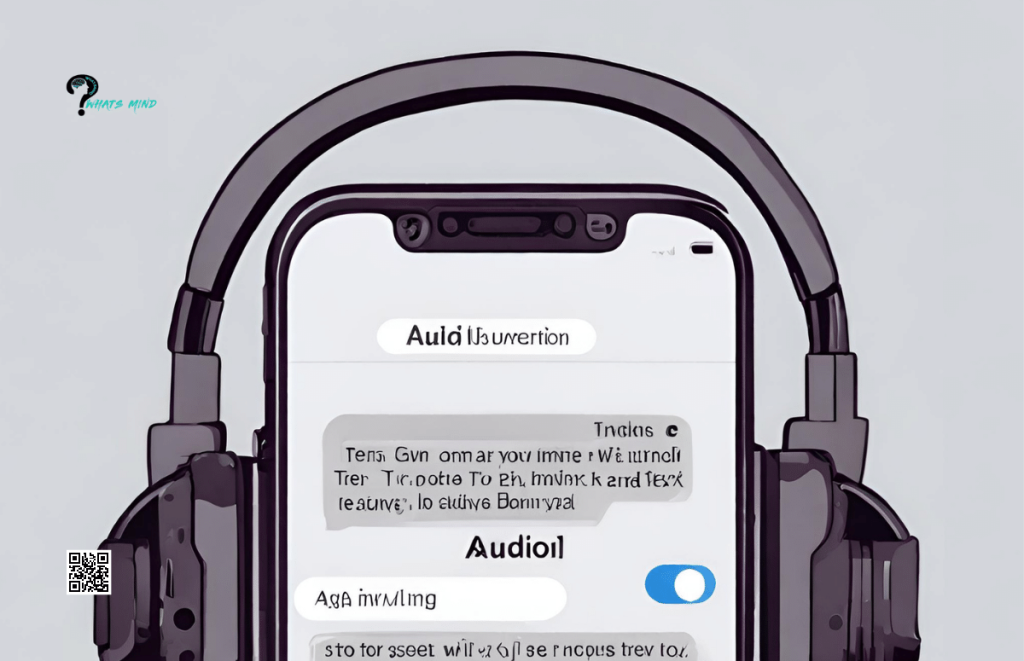Embracing the Spoken Word Through Transcription

Have you ever listened to a gripping podcast or watched a thrilling interview and wished you could capture every word? The process of converting audio to text is a subtle yet powerful tool that gives permanence to the fleeting spoken words. It allows us to engage with content on our terms, be it through reading or listening.
And it isn’t just about convenience; it’s about creating a bridge between diverse communication styles, catering to various needs, from those of a bustling journalist jotting down notes to a video content creator looking to reach a broader audience.
Table of Contents
The Journey From Audio to Text: Transforming Conversations Into Accessible Formats
Long gone are the days of tirelessly rewinding tapes and pausing playback to transcribe manually. Today, the spoken word can be transformed almost instantly, catapulting conversations into the digital sphere where they can be accessed, shared, and referenced with ease.
This leap from ephemeral to eternal not only benefits professionals who thrive on information, like journalists and researchers, but also opens up a whole new world for avid learners and enthusiasts who relish the ability to absorb information through reading.
Exploring the Role of Transcription in Preserving Authenticity: True to the Spoken Word
Transcription is far more than just a convenience; it’s a vital service for preserving the authenticity of dialogue and discourse. Legal experts pore over transcripts to ensure courts have accurate records, while podcasters provide written versions of their shows to cater to those who prefer or need written content.
By keeping the integrity of the original speech, transcription services honor the nuances of spoken communication and guarantee a true-to-life representation, extending the reach of the spoken word far beyond its original scope.
The Art of Subtitling: When Words Cross Borders
Cultural boundaries blur when we share stories, ideas, and expressions in multiple languages. That’s where subtitles step in. They carry the essence of spoken dialogue across linguistic divides, making content accessible to people all over the globe.
This not only empowers independent creators by amplifying their voices worldwide but also enriches viewers by exposing them to diverse perspectives. As meticulous as it is creative, the process of subtitling carefully pairs timing with translation, ensuring that viewers enjoy an immersive experience regardless of the language they speak.
Making Content Universally Accessible
Imagine the world of content at your fingertips, but part of it remains locked away because it’s not in a format you can use. Transcripts and subtitles are critical for tearing down these barriers, especially for the hearing impaired. They not only support inclusivity but also reflect a commitment to universal access.

Real-life stories from individuals for whom subtitles and transcripts have opened up new horizons are testaments to the profound impact these services have. Whether it’s enjoying a new movie or following an educational course, accessibility features are transforming the way we consume media.
Boosting Productivity With Transcription in the Digital Age
In the bustling world of digital information, transcription services stand as unsung heroes for professionals across various sectors. From a lawyer cross-examining a piece of evidence to a marketer analyzing focus group discussions, the ability to quickly convert spoken words into text is invaluable.
By alleviating the tedious task of manual transcription, these services allow professionals to concentrate on analysis and strategy, thereby enhancing their productivity. This blend of human expertise and AI-driven precision ensures a level of efficiency that keeps the modern workspace dynamic and agile.
As we continue to explore the convergence of voice and text, it becomes clear that the services that facilitate this transformation are integral to our communication landscape. They bridge the divide between various forms of expression, making content more inclusive and accessible, and ultimately, enriching our collective experience of the digital world.
You may like to read about the following:
- YouTube to MP3 Converter — yt1
- yt.be/activate: Connecting YouTube Channels for Better Promotions on Various Devices
- How to Add Music to Any Video With Ease?
- Updated Guide: How to Post Ads on Craigslist McAllen TX
For you more information, visit Whatsmind.com




